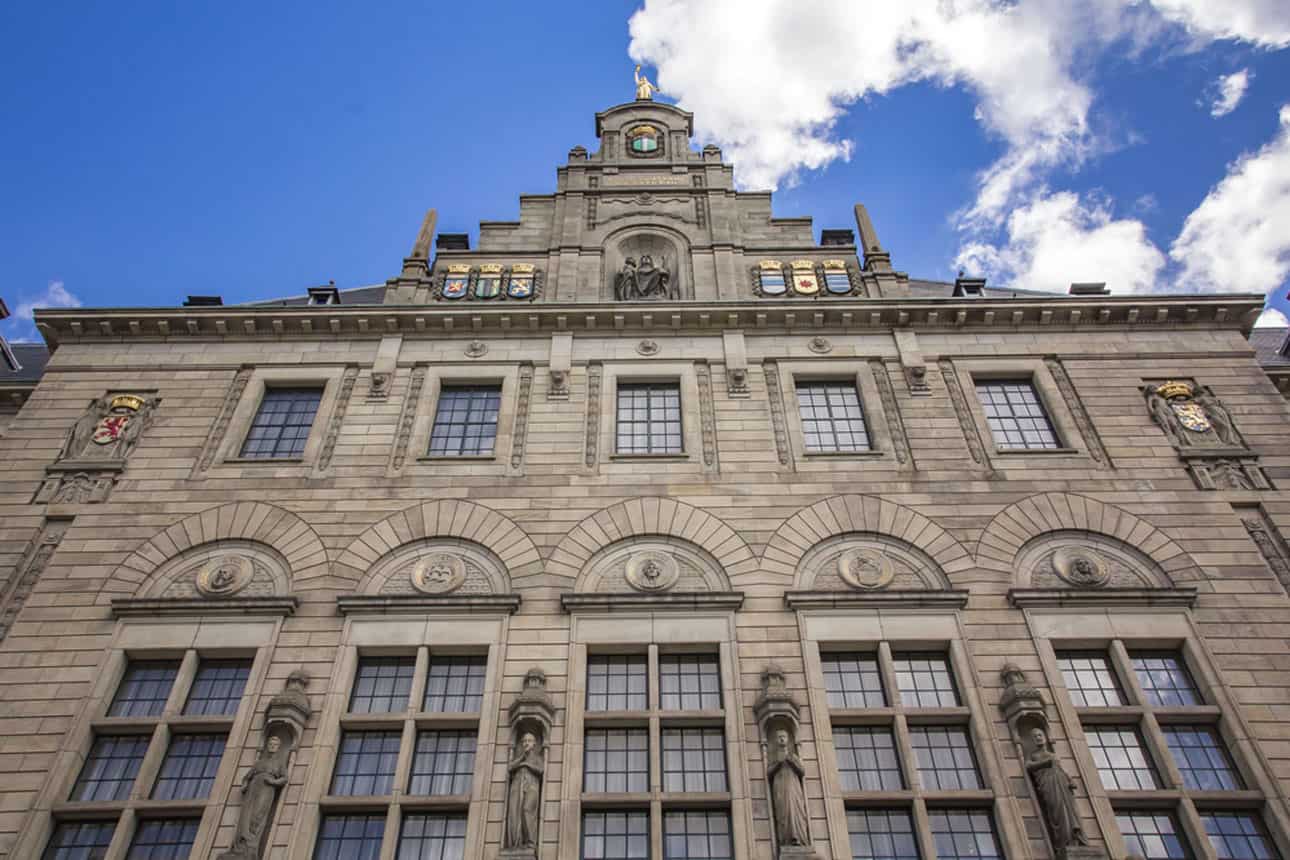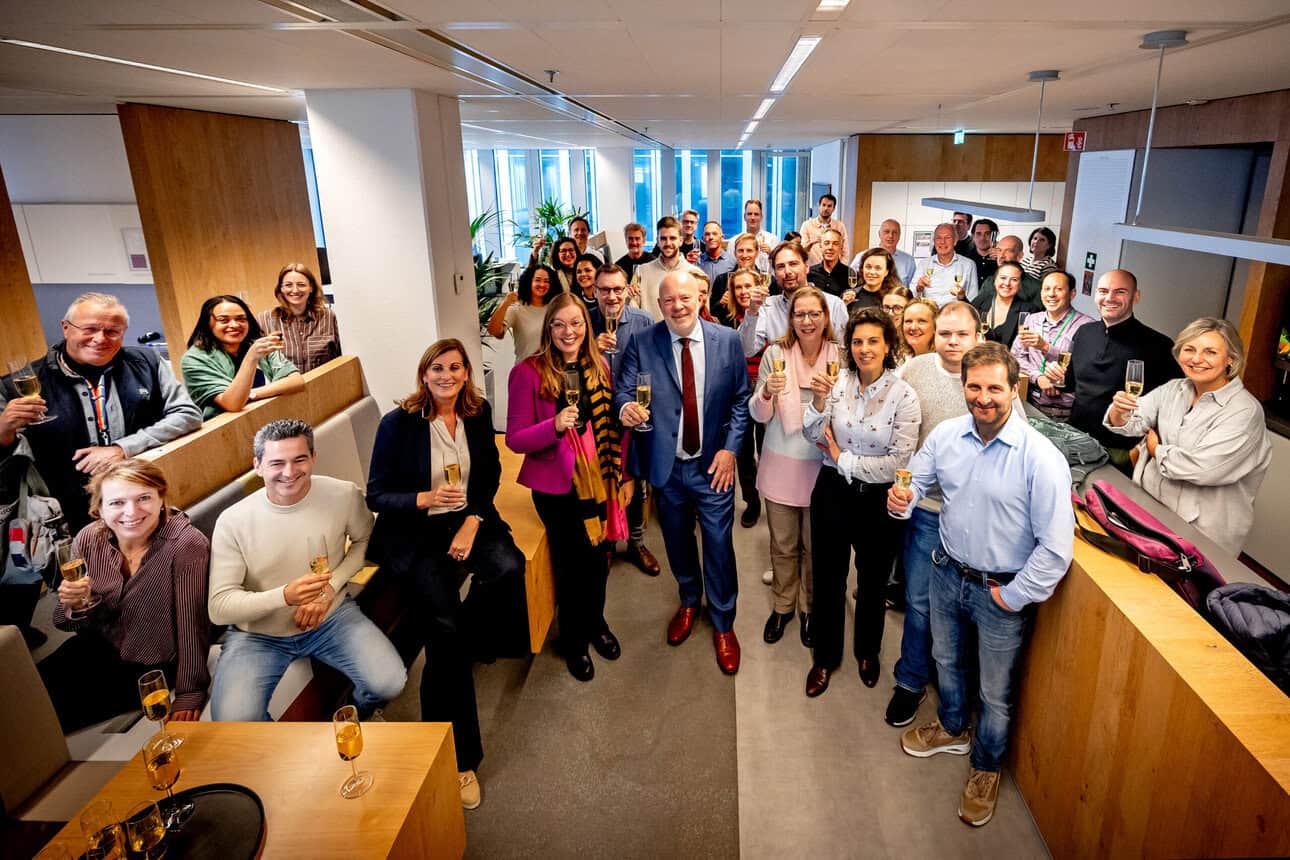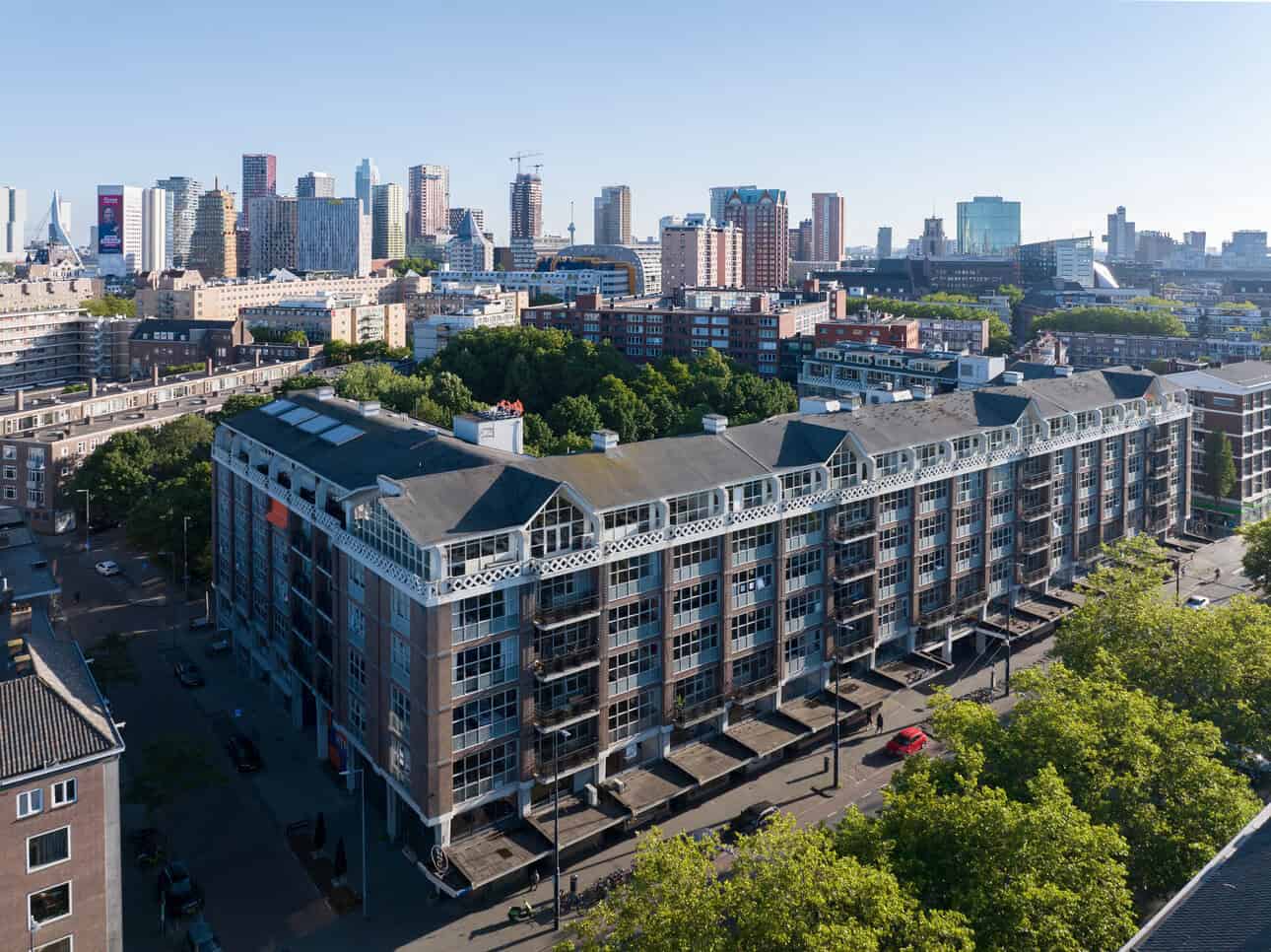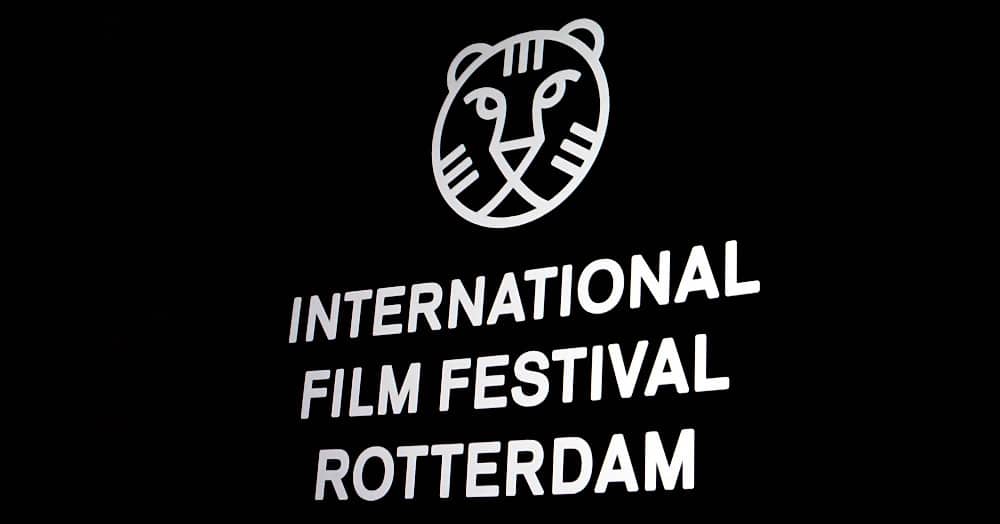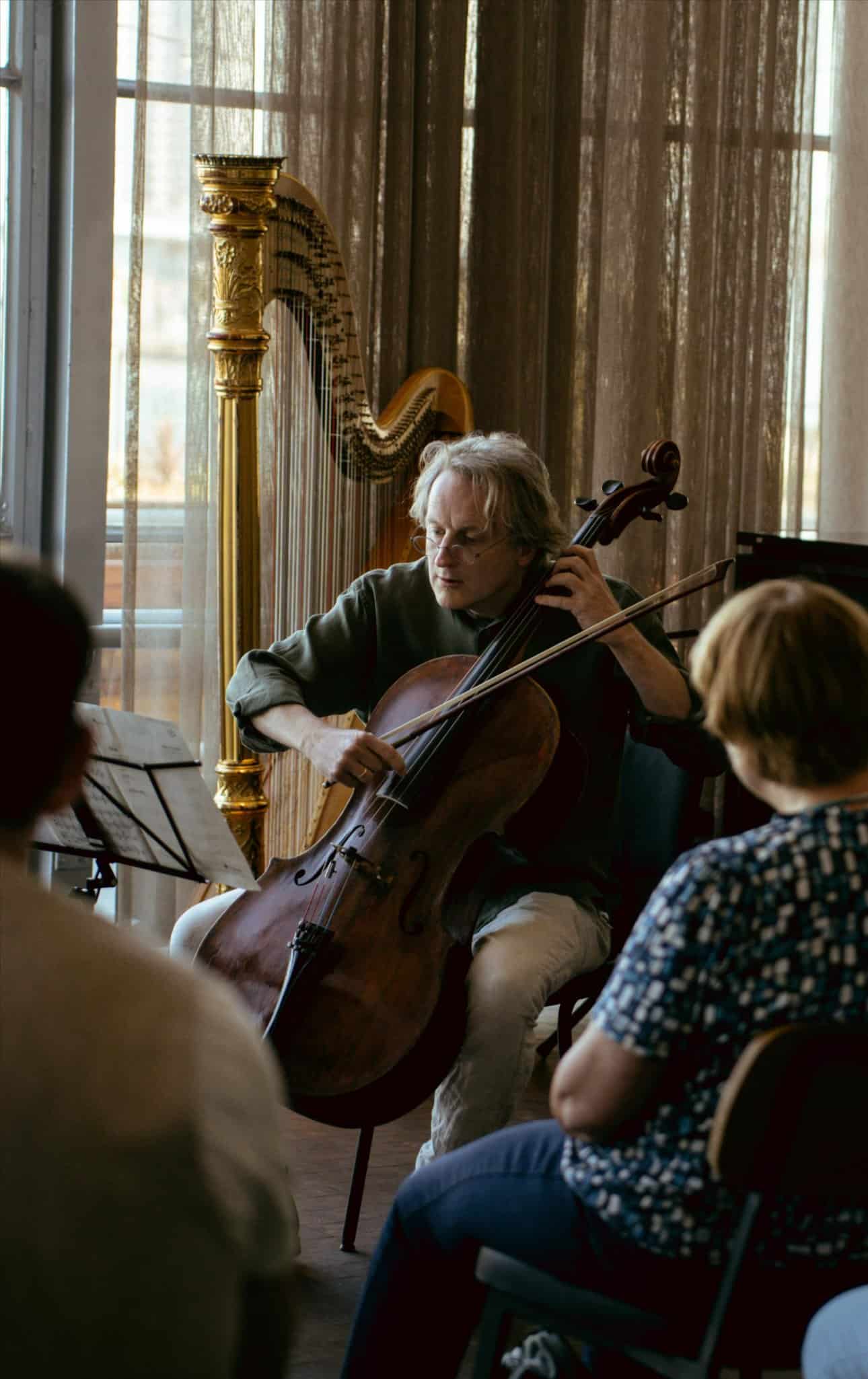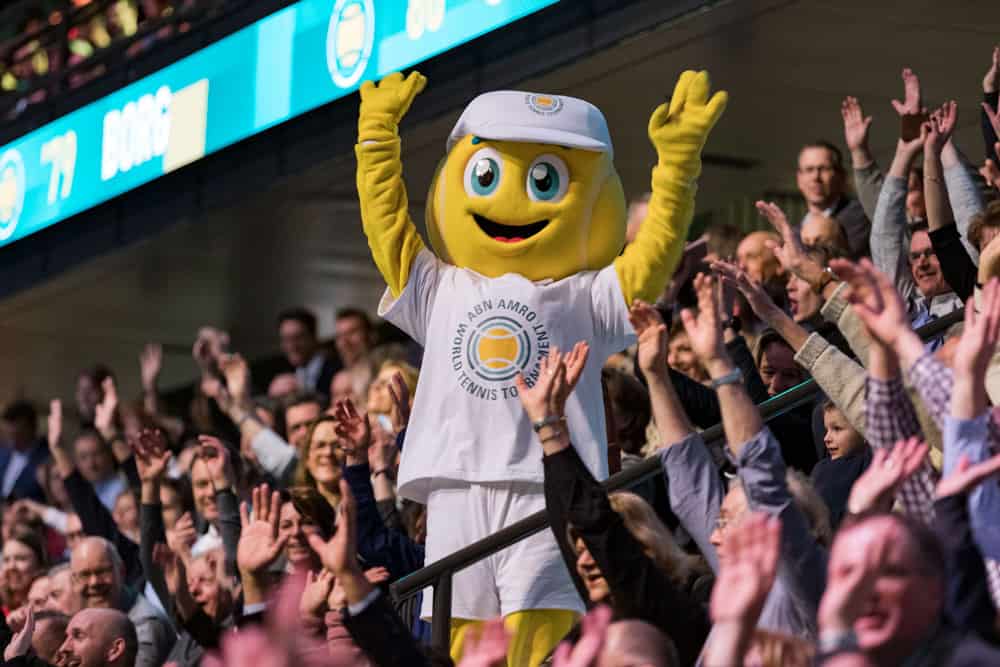ROTTERDAM, 30 September 2025 – Rotterdam’s municipal board has presented the 2026 budget, the final one of this council term. The city reports a healthy financial position and a stable outlook, offering the next administration a solid base for future development.
Finances remain stable without extra burden
Despite rising costs and inflation, municipal charges for residents and entrepreneurs will not increase beyond the usual indexation. Reserves are in order, and from 2027 the budget balance is expected to remain structurally positive.
This approach, according to the board, allows Rotterdam to maintain both financial stability and social strength.
Investments in neighbourhoods and infrastructure
The city continues to grow, and targeted investments are being made in public spaces and housing. Upcoming projects include the renovation of metro station Zuidplein, an upgrade of Pernisser Park and local village centres, and the redesign of the beach boulevard in Hoek van Holland. Housing construction in Rotterdam-Zuid is also being accelerated.
Neighbourhoods such as Tarwewijk, IJsselmonde and Beverwaard will see continued attention to safety and liveability, partly through the Schoonoffensief (clean-up initiative). This includes more staff for cleaning, quicker responses to MeldR reports, and greater involvement from residents through neighbourhood actions and container adoption.
Accessibility and business climate
Additional parking spaces are planned at the P+R sites Meyersplein and Kralingse Zoom, supporting accessibility for commuters and visitors. Small and medium-sized businesses, as well as the hospitality sector, are promised more space to develop.
At the same time, the city emphasises the importance of the harbour and industrial sectors for Rotterdam’s investment climate, noting that preparations for long-term projects continue.
Reducing inequality
In 2026, efforts will remain focused on reducing poverty and debt. Pre-school childcare will be available for toddlers from low-income families, young people will continue to receive support through BeTheFuture, and residents with limited digital skills will gain extra guidance. Older residents will benefit from a higher discount on the Rotterdampas.
The cultural offering is also being reinforced to keep Rotterdam attractive for both residents and visitors.
Local centres and housing
Over 20 million euros has been invested in recent years in the smaller city districts, including Hoek van Holland, Rozenburg, Pernis and Heijplaat. The funding went into upgrading village centres, improving beach access points and greening public spaces.
Neighbourhood-oriented governance has become more established, with hubs, councils and managers providing residents with more influence in local matters. Housing supply has also been expanded, with additional affordable and good-quality homes.
Progress on major projects
Work continues on preparations for the new city bridge with public transport connection between Zuidplein and Kralingse Zoom. The bridge, once completed, will link both city districts within about fifteen minutes and play a role in serving 30,000 planned new homes on the Oostflank.
In employment policy, more Rotterdammers are finding work through training, language support and social return programmes. Increased monitoring and enforcement is being used to tackle street nuisance, while support for homeless residents remains a priority.
Challenges in healthcare funding
The healthcare budget, particularly youth care, remains under pressure despite additional national funding. Rotterdam is not alone in this challenge, which many municipalities face. The council continues to lobby the national government for fairer compensation and is working on structural solutions.
While acknowledging these difficulties, the administration states that the city is being handed over with confidence. The financial outlook is stable, social strength is emphasised, and the next council is expected to have a strong foundation to continue building Rotterdam’s future.

